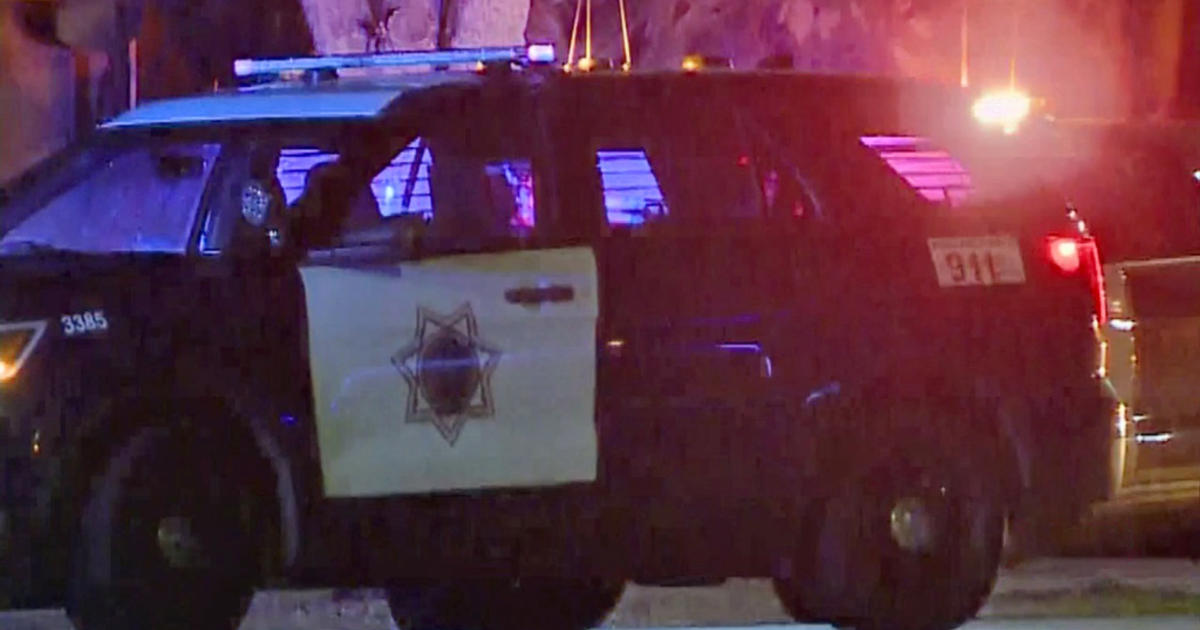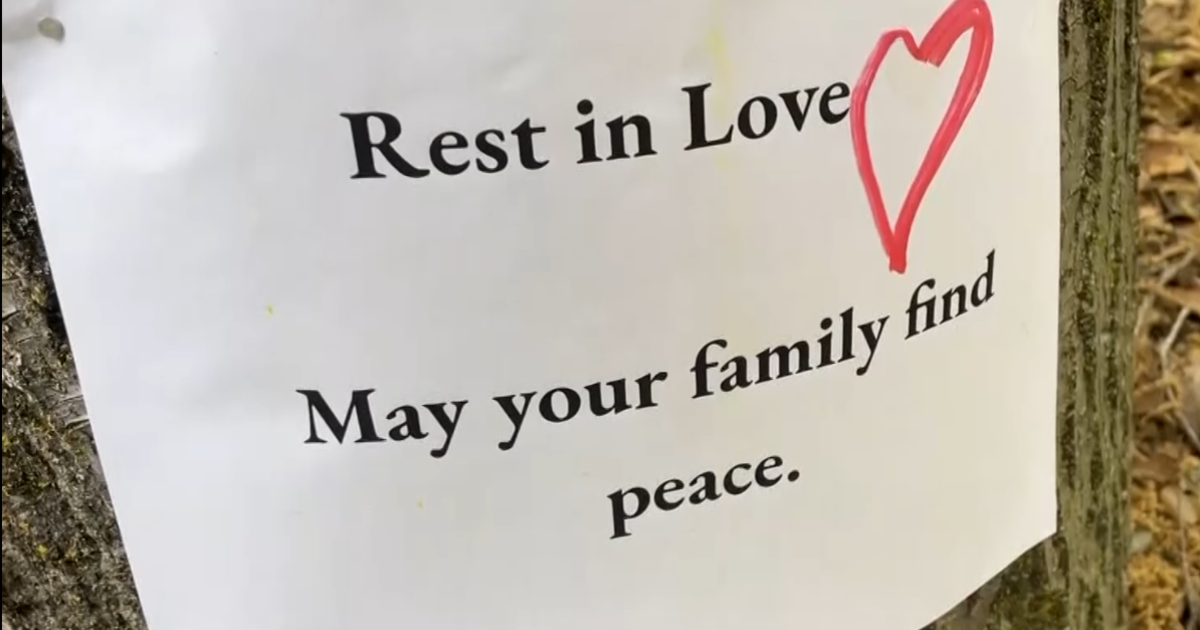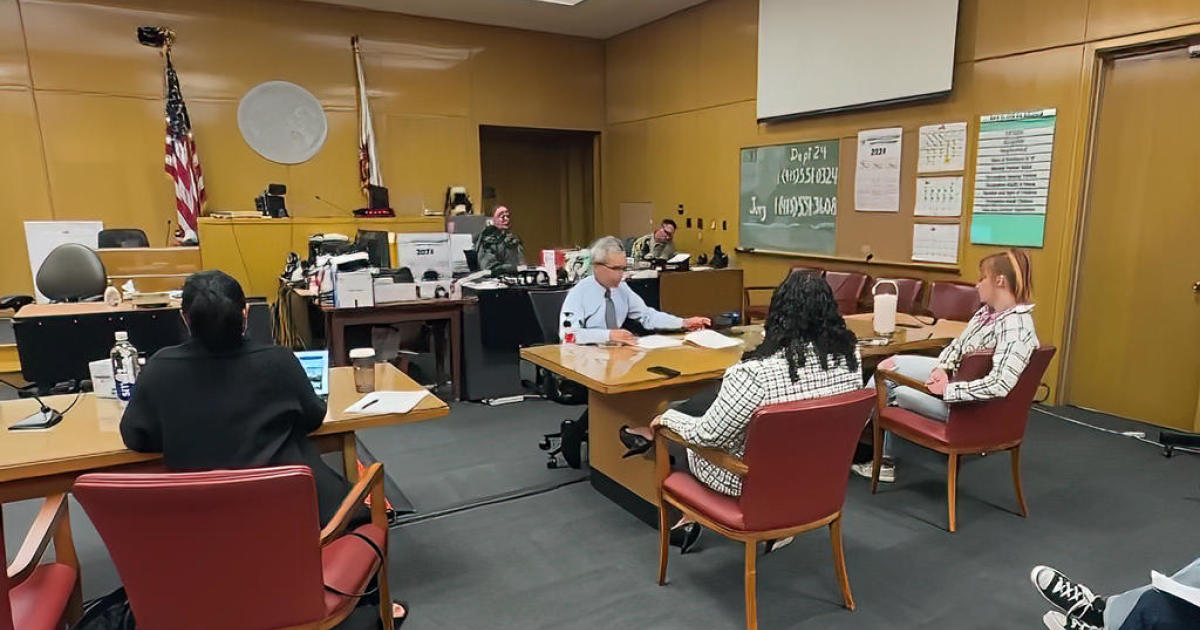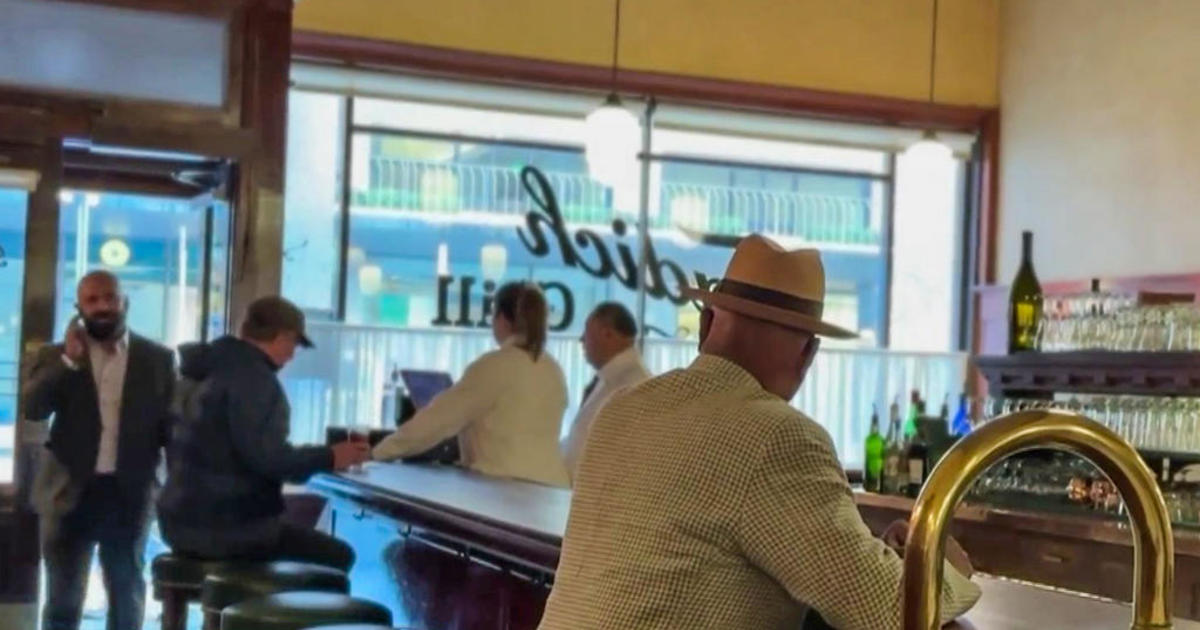Law Enforcement Investigators Demand Access To Private DNA Databases
SAN FRANCISCO (CBS/AP) -- Investigators are broadening their DNA searches beyond government databases and demanding genetic information from companies that do ancestry research for their customers.
Two major companies that research family lineage for fees around $200 say that over the last two years, they have received law enforcement demands for individuals' genetic information stored in their DNA databases.
Ancestry.com and competitor 23andme report a total of five requests from law agencies for the genetic material of six individuals in their growing databases of hundreds of thousands. Ancestry.com turned over one person's data for an investigation into the murder and rape of an 18-year-old woman in Idaho Falls, Idaho. 23andme has received four other court orders but persuaded investigators to withdraw the requests.
The companies say law enforcement demands for genetic information are rare.
But privacy advocates and experts are concerned that genetic information turned over for medical, family history research or other highly personal reasons could be misused by investigators-- and that the few known cases could be the start of a trend.
"There will be more requests as time goes on and the technology evolves," said New York University law professor Erin Murphy, author of "Inside The Cell: The Dark Side of Forensic DNA."
Law enforcement agencies across the country have access to growing state and national databases with millions of genetic samples of convicted offenders and arrestees.
Investigators compare DNA found at crime scenes against the genetic samples in the government databases. They look at 13 distinct locations in a DNA sample, seeking exact matches at each location to pair a suspect with genetic material at the crime scene.
Ancestry.com and 23andme officials say their databases won't be useful to most criminal investigations because they analyze regions of DNA different from the locations forensic experts explore. Still, that hasn't stopped investigators stumped on cold cases from contacting the companies for help.
In the summer of 2014, court documents show, the Idaho Falls Police Department obtained a warrant to seize genetic information from Ancestry.com in connection with the 1996 rape and murder of Angie Dodge.
In 1998, Christopher Tapp was sentenced to life in prison for Dodge's murder and rape, but he's appealing his conviction saying his confession was coerced. Police are still working the case at the insistence of Dodge's mother and others because the only DNA found on her body was not Tapp's and investigators believe another suspect also was involved.
Idaho Falls police sent the DNA sample to Ancestry.com in 2014 to process. Ancestry emailed the results to the police without naming anyone in the company's database, which was only partially accessible to the public.
The results, however, established a close, though not exact, match. Believing the killer could be a relative of the DNA donor, police obtained a warrant to compel the company to turn over the donor's name.
"The hurdles for this should be extremely high, like getting a warrant for a wiretap, because it is an invasion of privacy," said Greg Hampikian, a Boise State University biology professor and forensic DNA expert assisting with efforts to exonerate Tapp.
Hampikian said there has to be "a compelling public safety issue" and judge's approval before calling on companies to turn over genetic information.
"In this case, there is a killer-rapist still out there and a man in prison for murder claiming innocence," Hampikian said.
The donor was Michael Usry Sr., a contractor living near Jackson, Mississippi.
Ten years earlier, thinking he was helping further the Mormon Church's deep interest in genetic research, Usry donated his DNA to a nonprofit scientific organization conducting a hereditary study.
The Sorenson Molecular Genealogy Foundation was launched by billionaire Utah businessman James LeVoy Sorenson with the backing of the church. The foundation's goal was finding a "genetic blueprint" for humans, and it amassed more than 100,000 samples when Ancestry acquired the database in 2007.
Usry was not the right age for the 20-something suspect investigators were seeking. But his son was the approximate age and had connections to the Idaho Falls area.
Police showed up at Michael Usry Jr.'s doorstep in New Orleans in December 2014, armed with a warrant for his DNA.
The younger Usry, a filmmaker, was interrogated for six hours and finally gave blood for a DNA sample. For the next month, he remained under suspicion until his DNA was determined not to match the samples taken from the crime scene.
Now Usry Jr. says he is making a documentary about his experience. "It was disconcerting," he said. "It was a very weird situation."
Idaho Falls Police Department spokeswoman Joelyn Hansen said the investigator who obtained the warrant has retired and no one else in the department "felt comfortable" discussing the warrant.
After media reports about the Usrys' experience, Ancestry and 23andme each said they turn over customer genetic data only under court order. Both companies announced publication of "transparency" reports that disclose the number of warrants and subpoenas from law agencies.
"Privacy is our primary concern," said 23andme privacy officer Kate Black, who said the company has never turned over genetic information despite receiving four court orders. But Black said 23andme has so far convinced investigators that the company's data won't help with their cases -- and the agencies have withdrawn their demands.
Ancestry says the only request it received was for Usry's information. The company has since removed the Sorenson database from public view.
"It does bother me that Sorenson sold that information after they told me it wouldn't be shared," the elder Usry said. "It does bother me that my DNA was used in this."
© Copyright 2016 The Associated Press. All Rights Reserved. This material may not be published, broadcast, rewritten or redistributed



